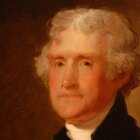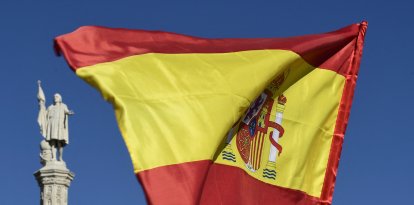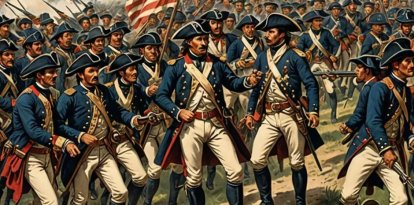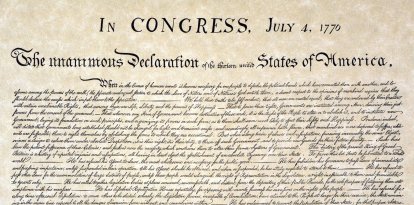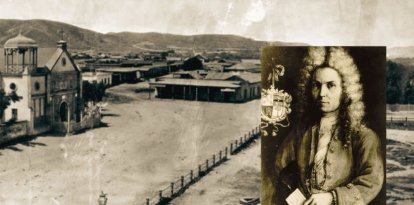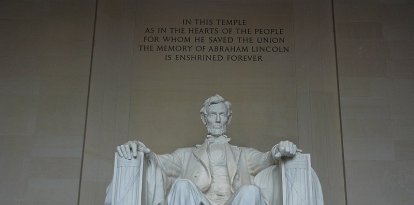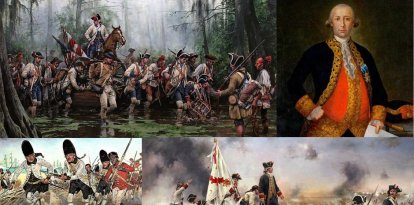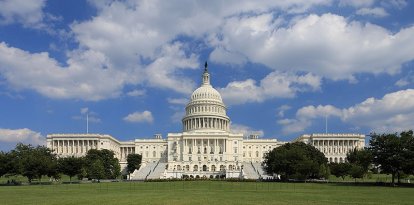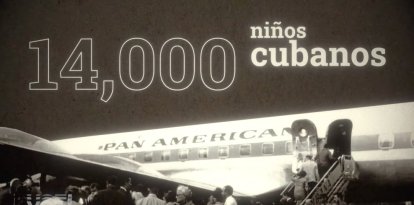Why the 4th of July?
The 13 Colonies declared their independence on July 2, and the war against Great Britain concluded on September 3, 1783.

Declaration of Independence.
The 4th of July is Independence Day in America. One of the main national holidays, with great celebrations and festivities, as well as being a paid federal holiday -which was not always the case-. But... What exactly is being commemorated, and why this day, and not the 2nd of the same month -as John Adams himself, one of the drafters of the historic document expected-, the day in 1776 when the 13 Colonies officially declared themselves independent from Great Britain? Nor would it have been unreasonable to commemorate the date on September 3, the day on which the Treaty of Paris of 1783 ended the War of Independence.
Although the Tea Mutiny of 1873 is usually considered historically as the starting point of the conflict with Great Britain, the first fighting did not take place until April 1875. After just over a year of war, the Colonies convened a Continental Congress in Philadelphia, at which Richard Henry Lee, of Virginia, introduced what is known as the Lee Resolution, in which he noted that "these united colonies are and by right ought to be free and independent states," acting under the instructions of the Virginia Convention. The document was divided into three parts: a declaration of independence, a call to form foreign alliances, and "a plan of confederation." The Congress created three separate committees to develop each of these aspects.
The drafting of a declaration of independence was left to five men: Thomas Jefferson, John Adams, Benjamin Franklin, Robert R. Livingston and Roger Sherman, who immediately set to work. Jefferson was charged with drafting the text with the group's ideas, and after several drafts -in which Franklin and Adams introduced modifications- they presented the final document to Congress.
July 2 or July 4?
The latter approved the Formal Declaration of Independence from Great Britain on July 2 unanimously, after a first vote a day earlier in which the representatives failed to agree -some even still trusted in a reconciliation with the British- however, the Resolution of the five was not voted until two days later: July 4. This caused some of those involved, like John Adams, to consider July 2 as the true Independence Day and thought it would be the date that would pass into posterity. Thus he wrote in a letter to his wife:
"The second day of July, 1776, will be the most memorable epoch in the history of America. I am convinced that it will be celebrated by future generations as the great anniversary festival..... It should be solemnized with pomp and pageantry, with shows, games, sports, guns, bells, bonfires and illuminations from one end of this continent to the other from this time and forever."
However, the Fourth of July is the day that finally passed into history and subsequent calendars. Congress felt that given the importance of what was decided the citizenry should be solemnly informed that they would be part of an independent country. And, given the technology of the time, the printing of the 200 copies stipulated took two days. The originals - 26 of which remain - came off the press of publisher John Dunlap two days later, which is why the Declaration has the words "In Congress, July 4, 1776" at the top. To further complicate the choice of the day to celebrate, the document was not signed by all until August of that same year.
In addition to the day, two different models of celebration were discussed: on the one hand, the Federalists proposed following Adams' idea of a great national holiday, while another faction, led by Jefferson, preferred a more intimate commemoration: "For ourselves, we leave the annual return of this day to refresh forever our memories of these rights, and an undiminished devotion to them."
Statutory holiday since 1870
Some 7 decades later, in 1938, Congress established July 4 as a paid federal holiday along with Christmas, New Year's Day, Memorial Day, Washington's Birthday, Labor Day and Thanksgiving Day.





